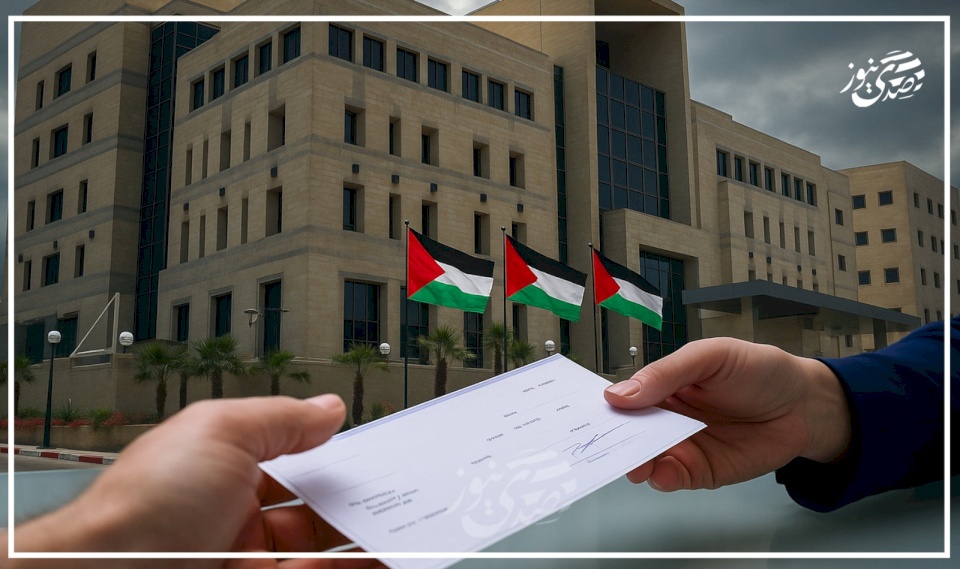
Soon.. An electronic check system and limiting the "endorsement" of checks to control the phenomenon of "returned checks"
SadaNews - The Central Bank has announced that it is studying the possibility of introducing an electronic check system, a step aimed at enhancing transparency and reducing the risks of forgery or manipulation of checks.
The Central Bank stated in exclusive remarks to "SadaNews" that the electronic system will enable immediate verification of balances and account records, which reduces the number of returned checks and enhances trust among stakeholders, in addition to speeding up settlement processes and lowering operational costs for banks.
The Central Bank pointed out that moving forward with this direction requires an amendment to the commercial law, noting that it has recommended to the concerned parties to make the necessary legal amendments so that it can complete the procedures for approving electronic checks in transactions.
Meanwhile, the Central Bank confirmed that it is exploring mechanisms to regulate the circulation of checks and limit the phenomenon of endorsement among multiple parties after their issuance, with the aim of enhancing financial discipline and transparency in transactions.
The Central Bank told "SadaNews": This measure will limit the use of checks as a tool for transferring obligations in an undisciplined manner, and will help control cash flows and reduce risks, in line with safe banking practices and modern standards for payment management. However, this also requires amending the Jordanian commercial law applicable in the West Bank.
It is noteworthy that the phenomenon of endorsing a check is the process of transferring the ownership of the check from one person (the first beneficiary) to another (the second beneficiary). This is done by the first beneficiary signing the back of the check and writing the name of the new beneficiary on it, allowing the new beneficiary to cash or transfer the check again.
This phenomenon is a common means of circulating checks without the need to cash them. However, its danger lies in the fact that "endorsing the check results in a disruption of the economic cycle depending on the number of times it is "endorsed", multiplied by the value of the check. For example, if a person gives a check worth one thousand shekels to the first beneficiary, and this person "endorses" the check or "transfers" it to a second beneficiary, who in turn "transfers" it to a third, and the third "transfers" it to a fourth, the movement of the check has been utilized four times. Therefore, in the event that the check issuer is unable to cash it due to insufficient funds, it inevitably disrupts an economic cycle valued at four thousand shekels, not just one thousand shekels, which is the amount of the issued check, an issue that could have serious implications for the economy as a whole.
Data released by the Central Bank showed a significant increase in the percentage of returned checks during the past year compared to 2023. During 2024, the value of the checks circulated in Palestine reached 20.3 billion dollars, distributed over 6.864 million check papers.
Returned checks due to insufficient funds amounted to 1.68 billion dollars, while the number of returned papers reached 1.14 million papers.
In comparison to 2023, the value of the checks circulated was 24.01 billion dollars, and the number of circulated papers was 8.438 million papers, while the value of returned checks was 1.521 billion dollars, and the number of their papers was 873 thousand papers.

The Problem of Shekel Overcrowding Worsens.. Fuel Station Owners Threatened with Closure o...

The Palestinian Economy at a Crossroads: 4 Files Awaiting Resolution

Currency Exchange Rates Against the Shekel on Sunday (February 1)

Moody’s Changes Israel's Outlook from Negative to Stable

Currency Exchange Rates Against the Shekel (January 31)

Gold Falls Amid Bets on Tightening Monetary Policy

Revealing the Travel Costs of the Israeli Minister of Economy for 2025
